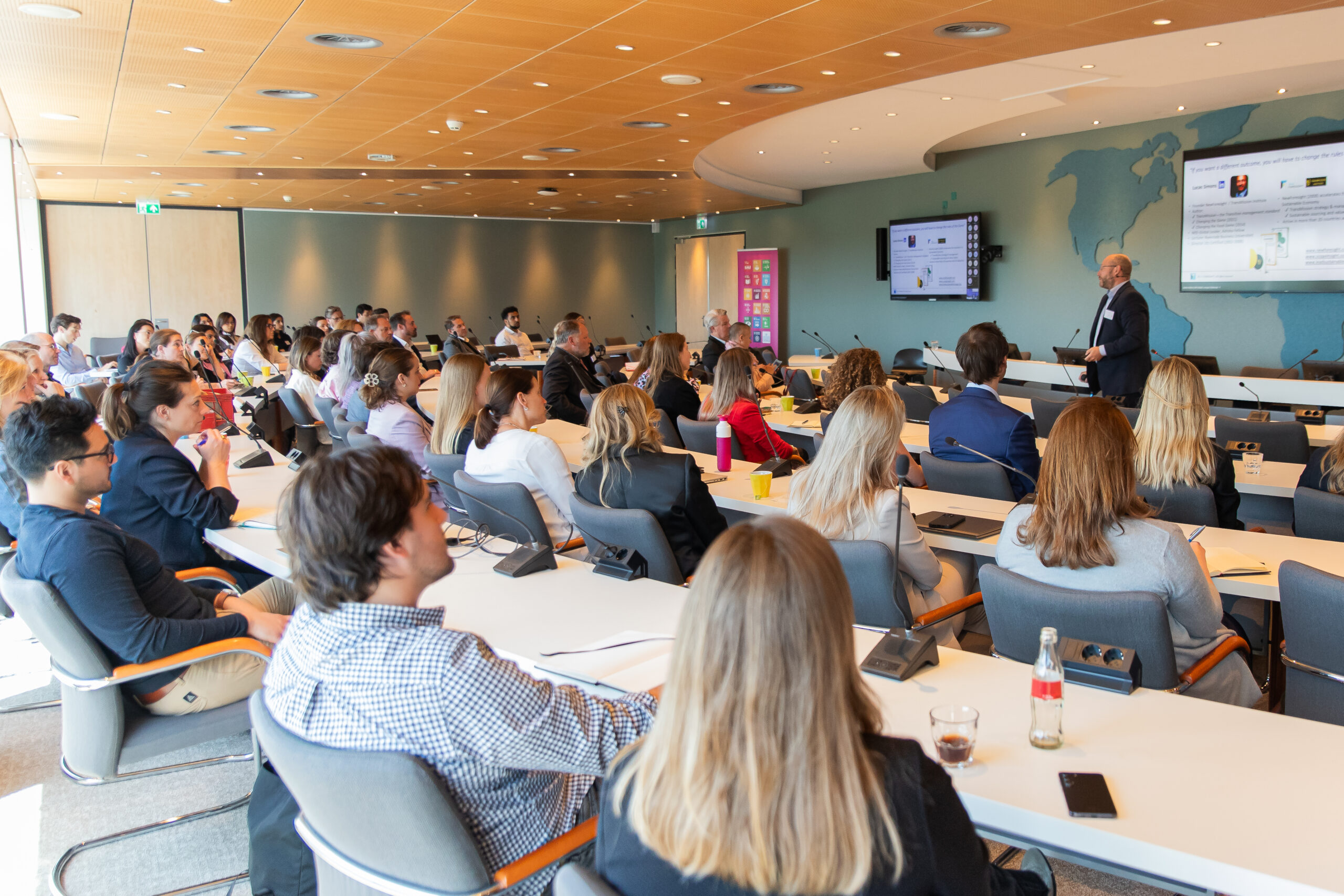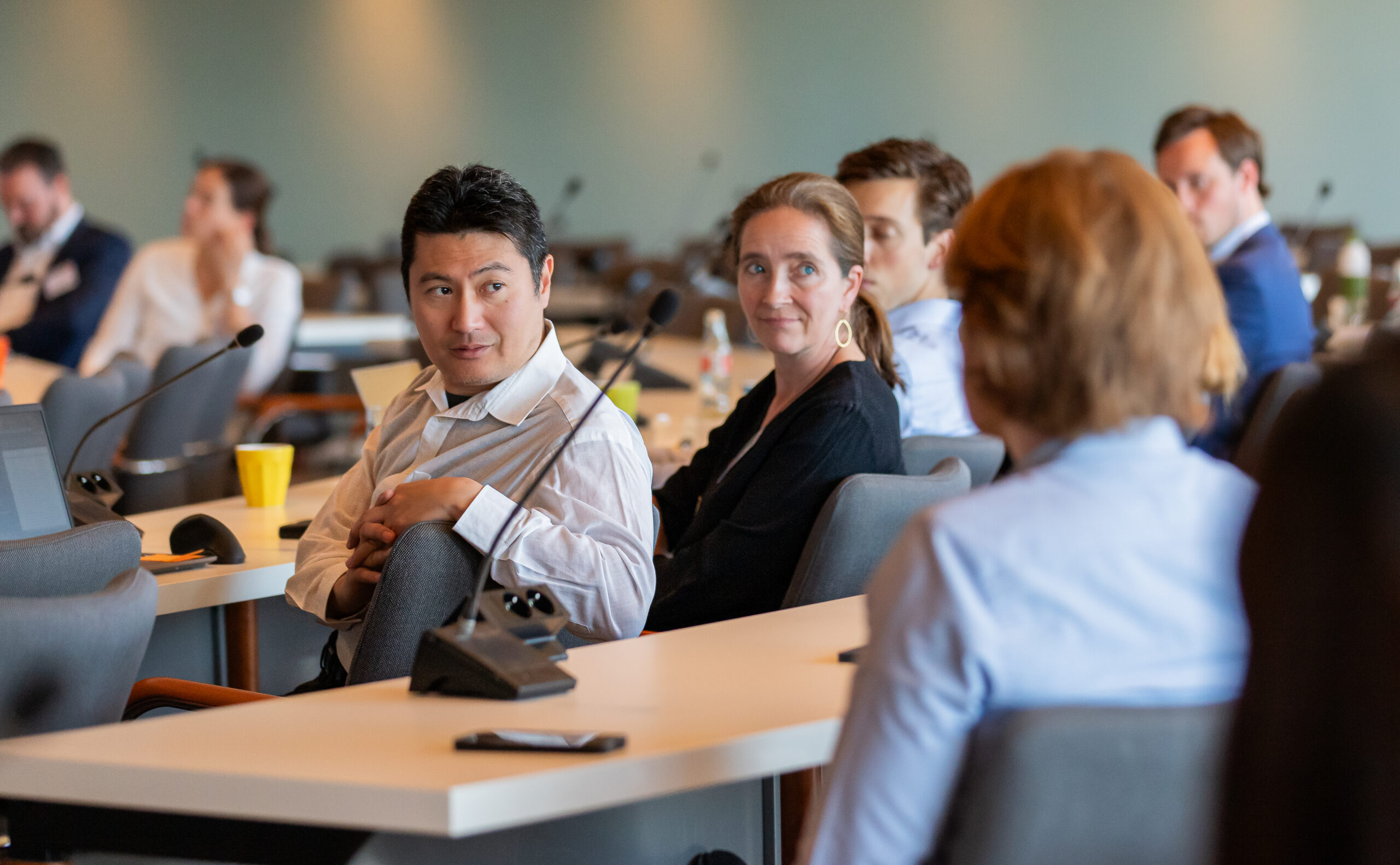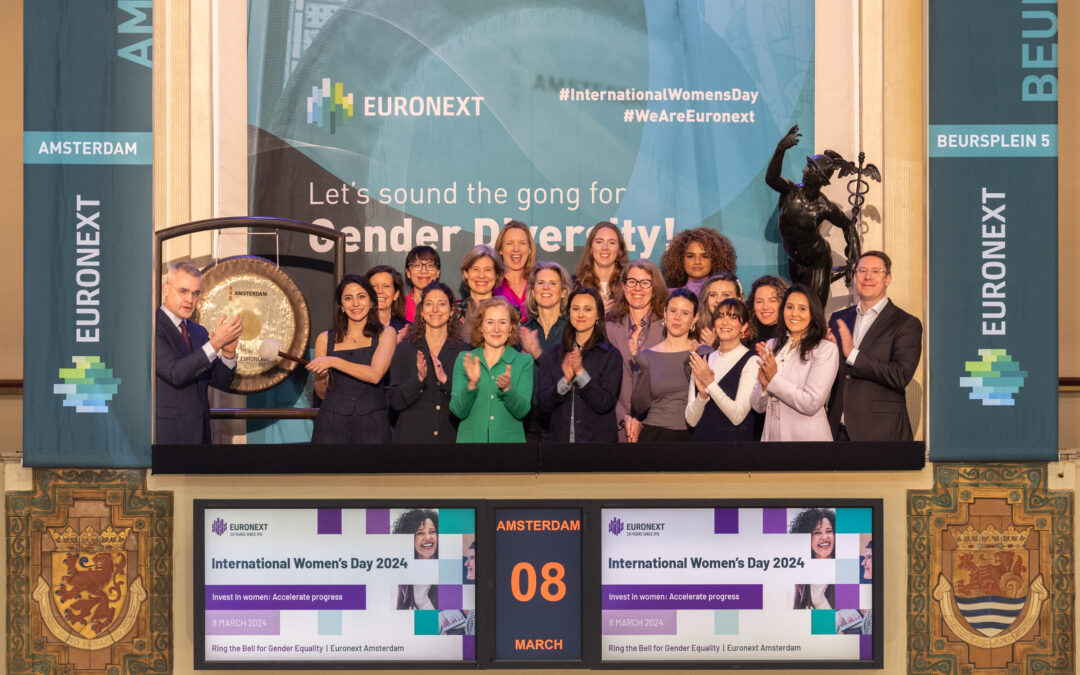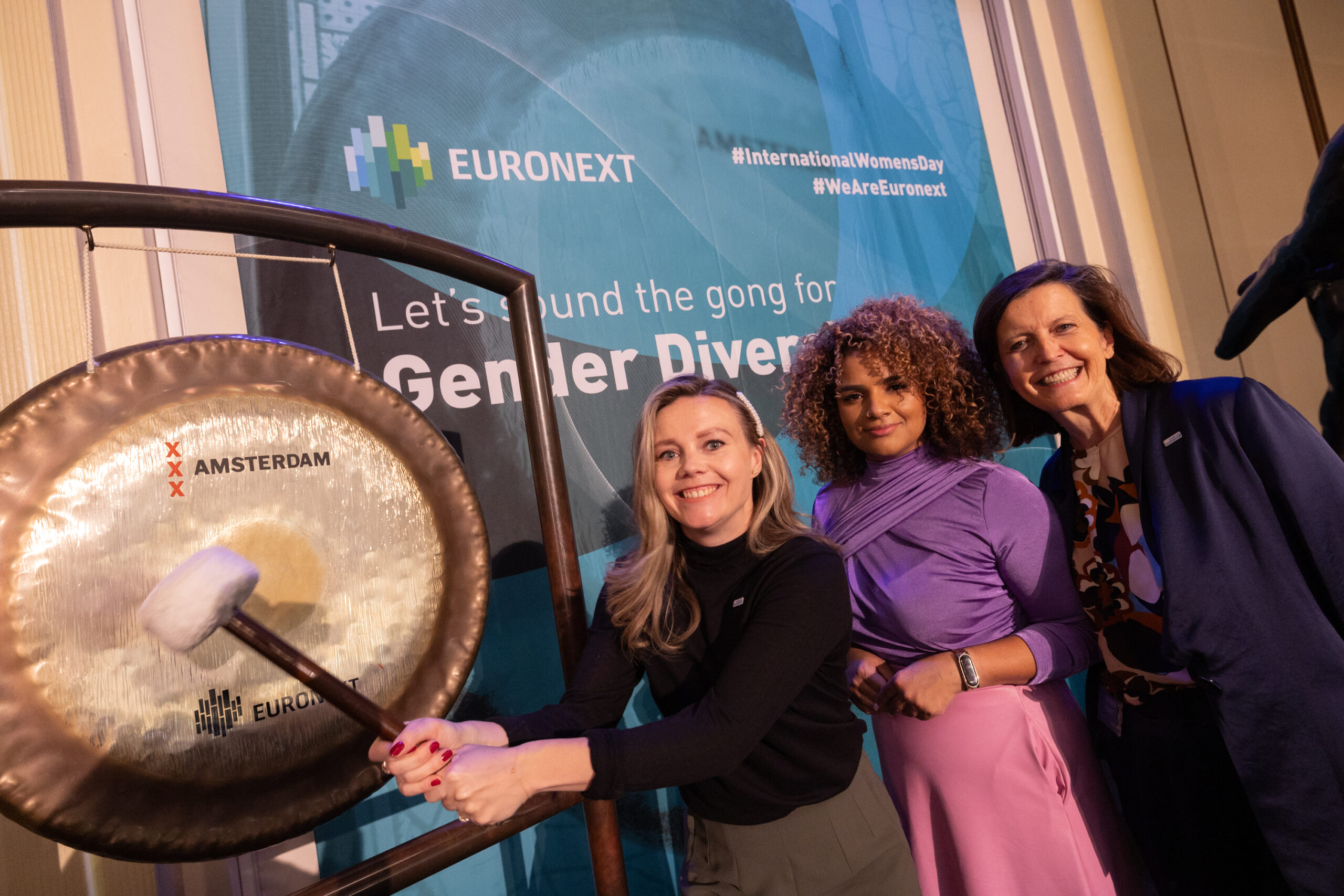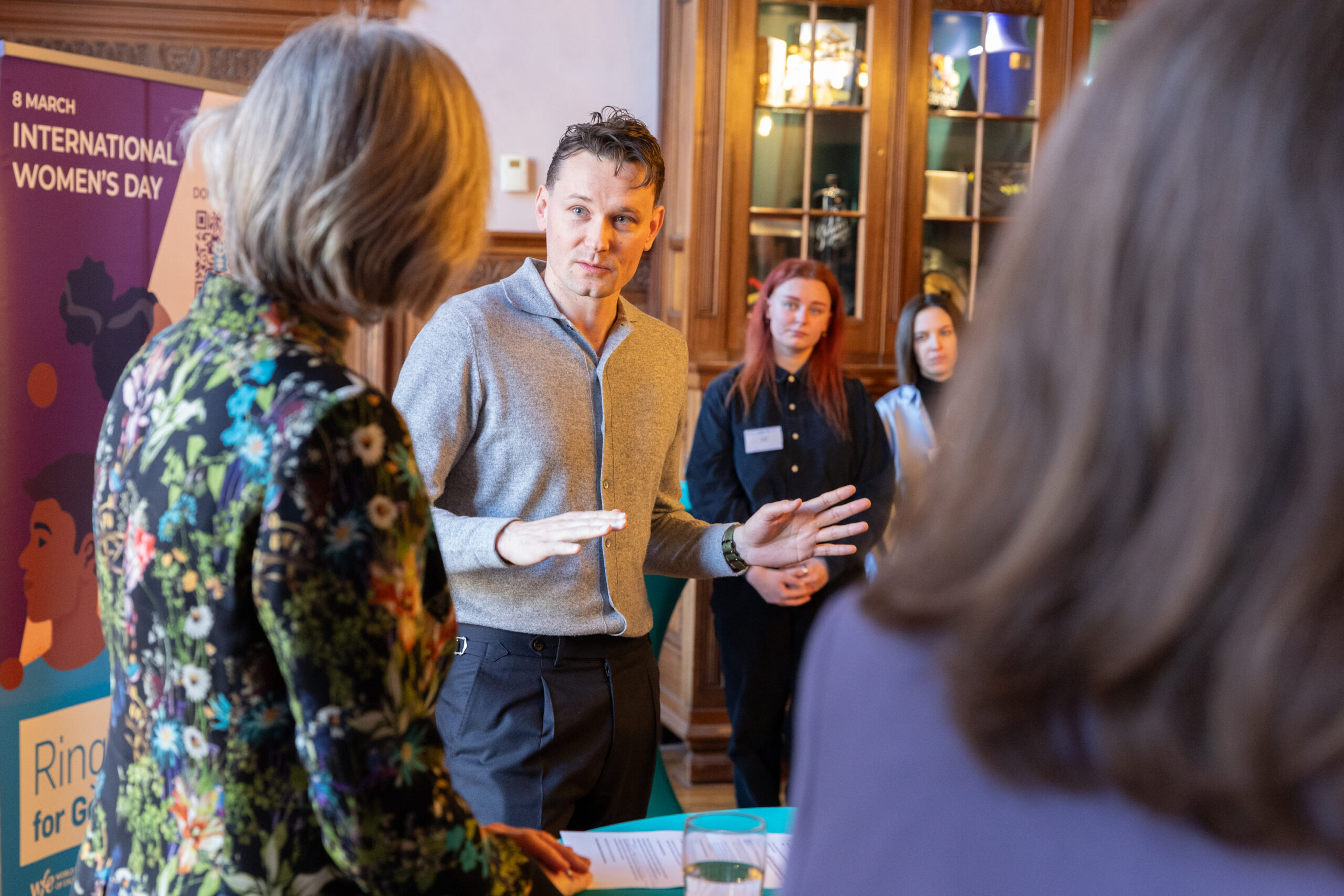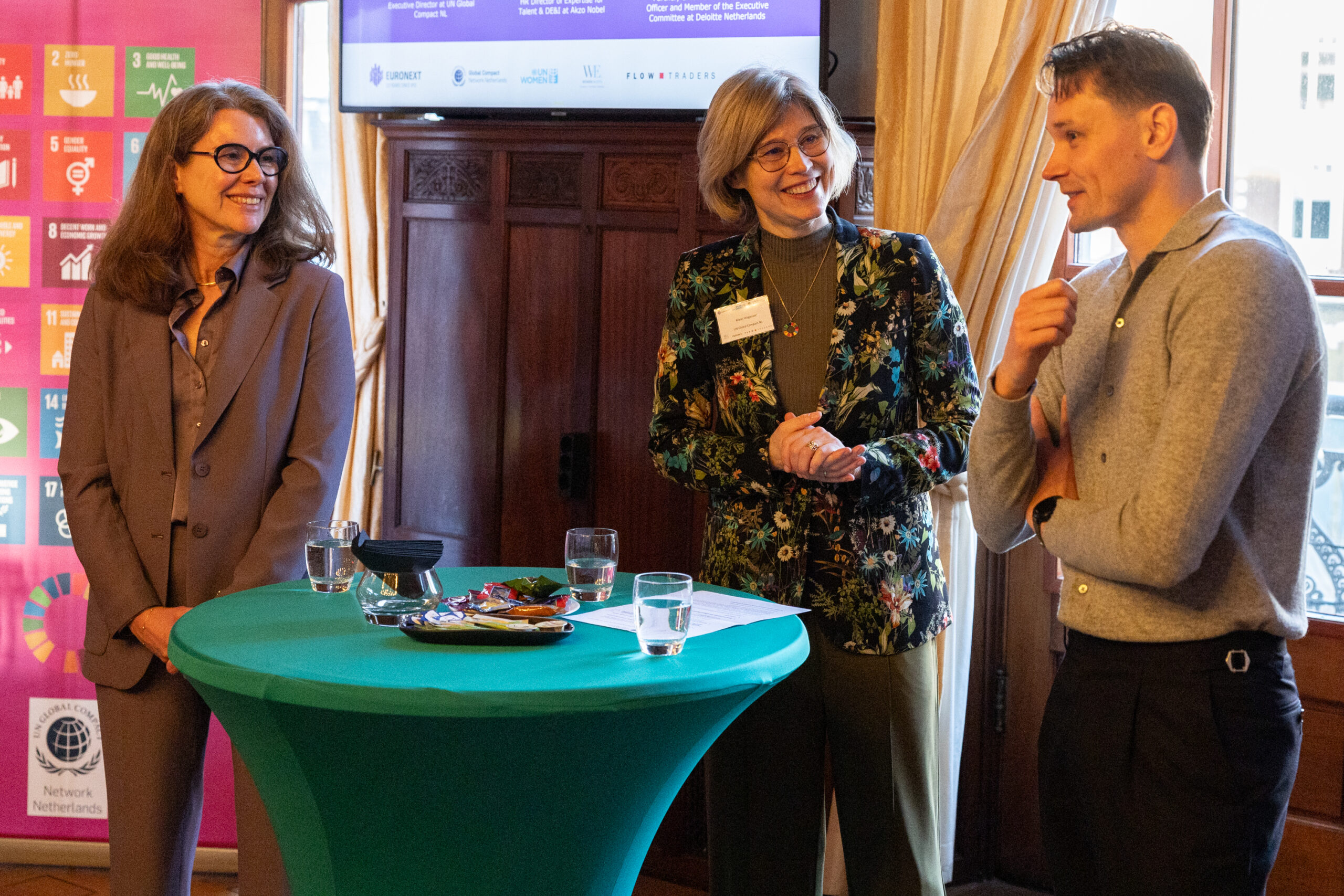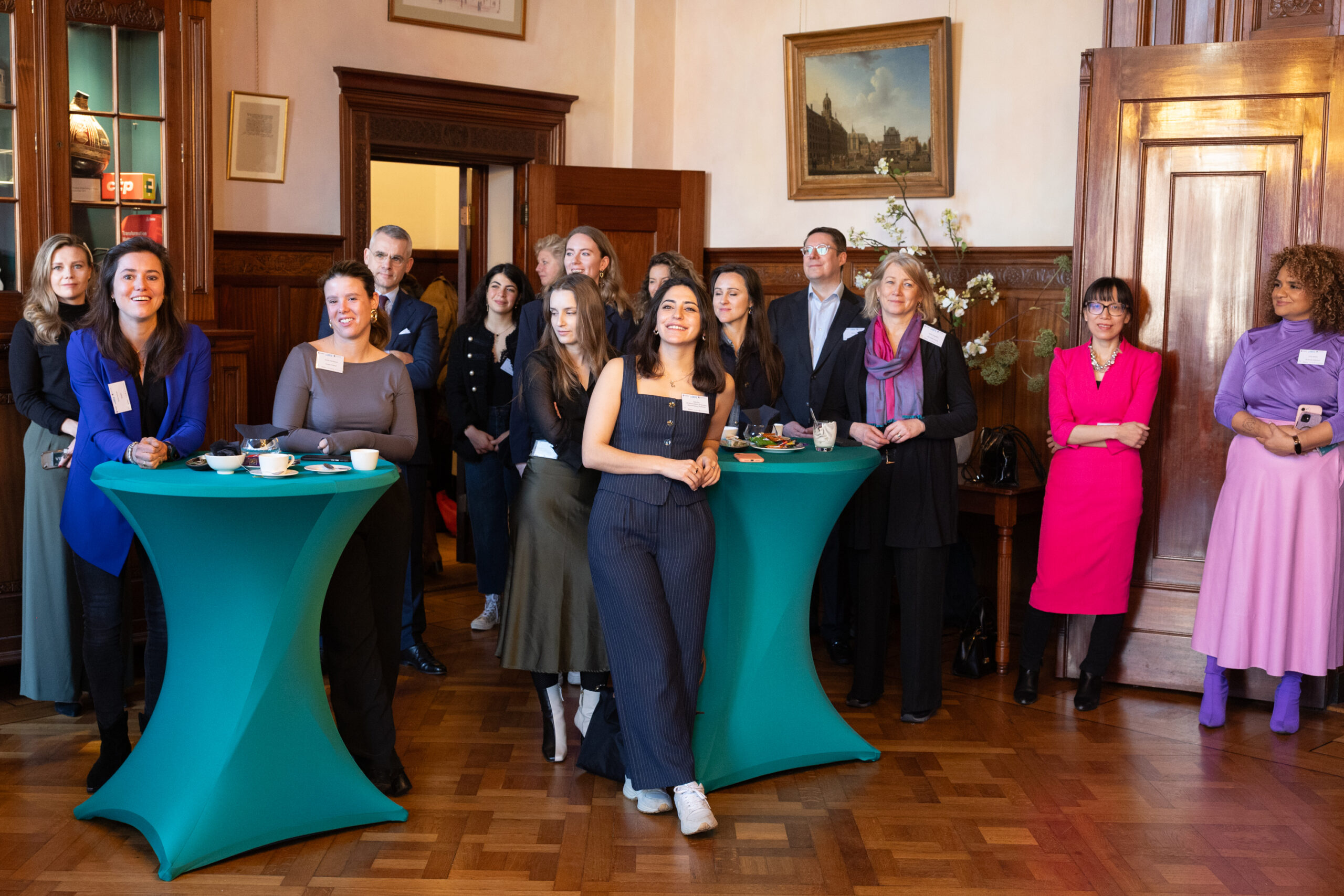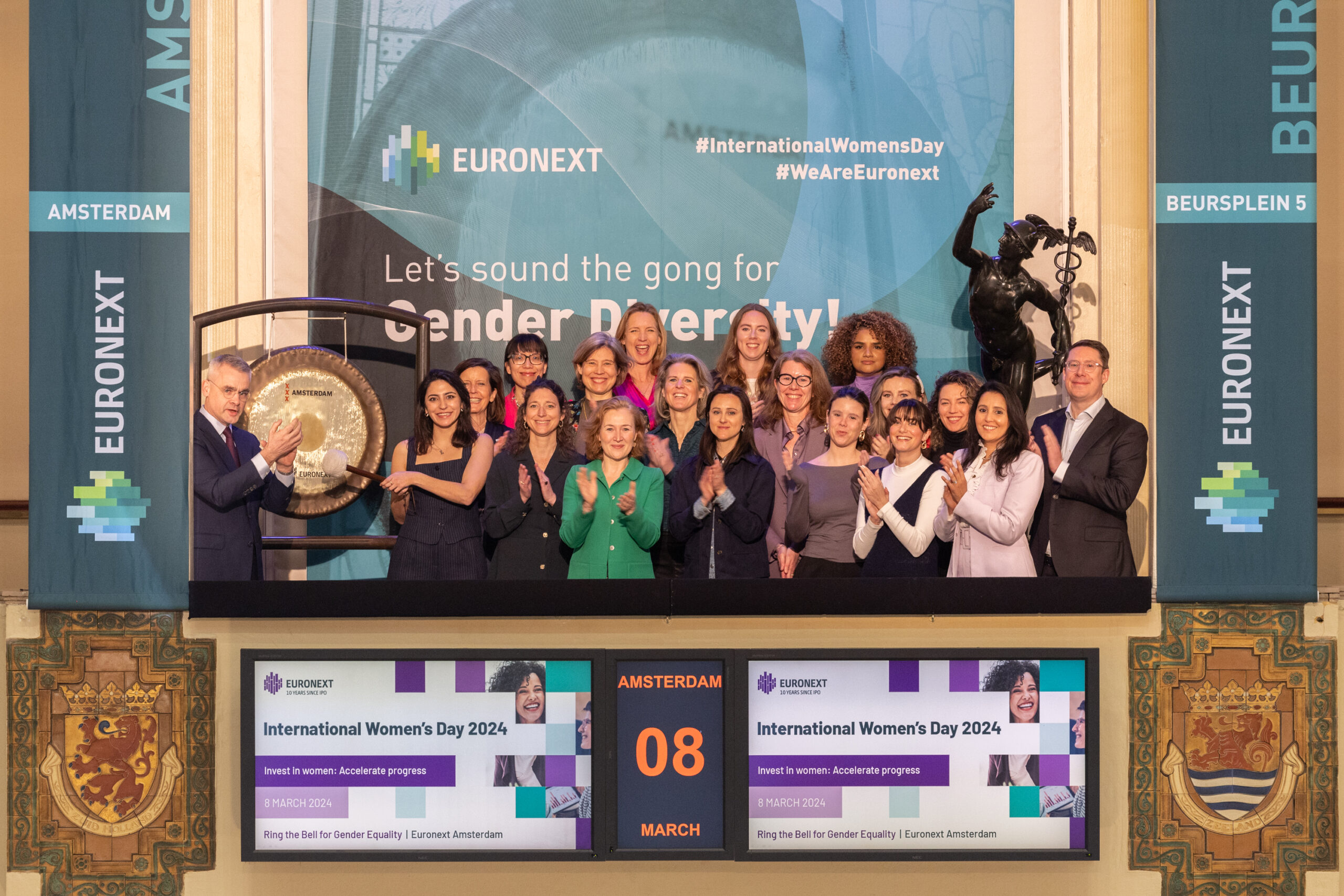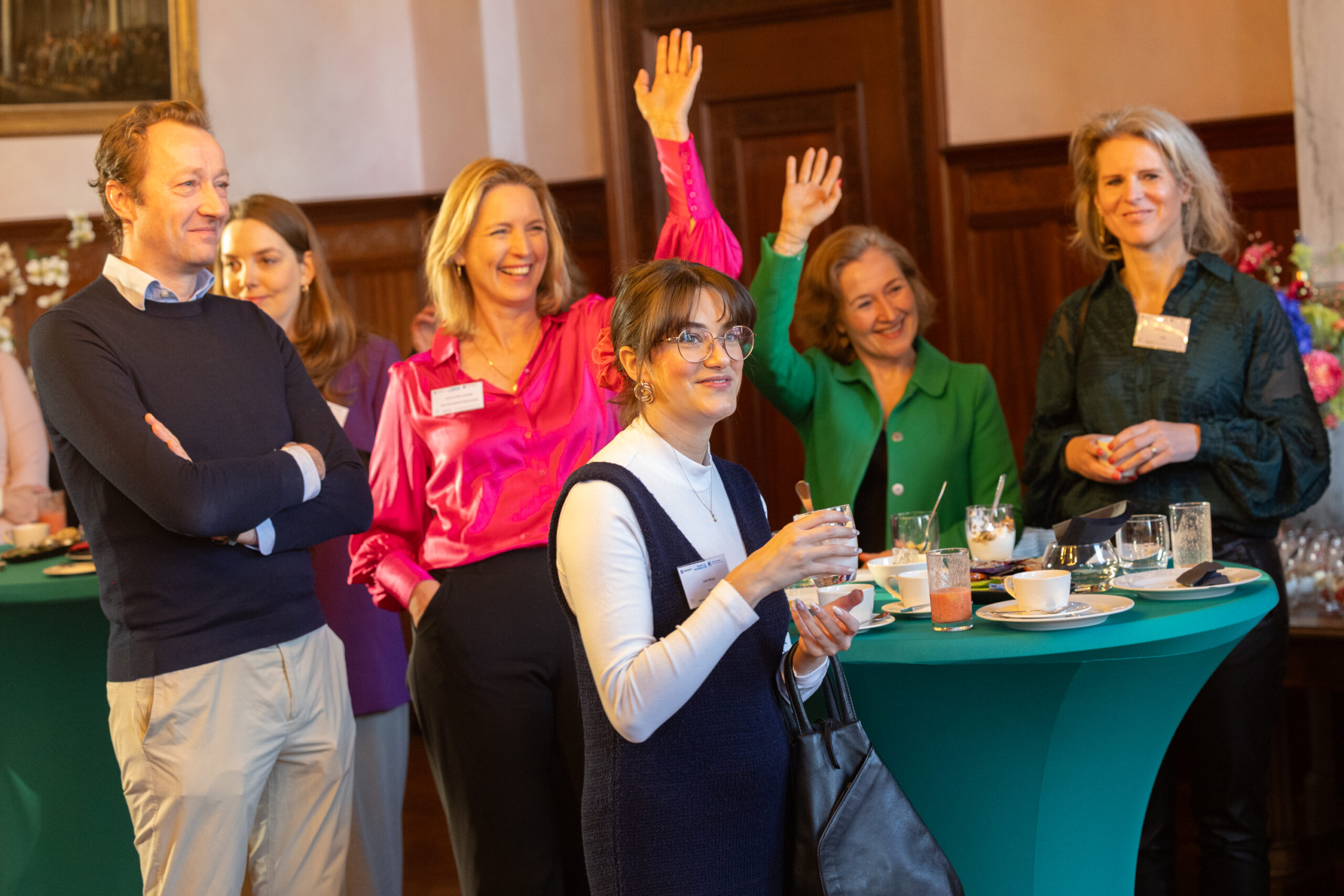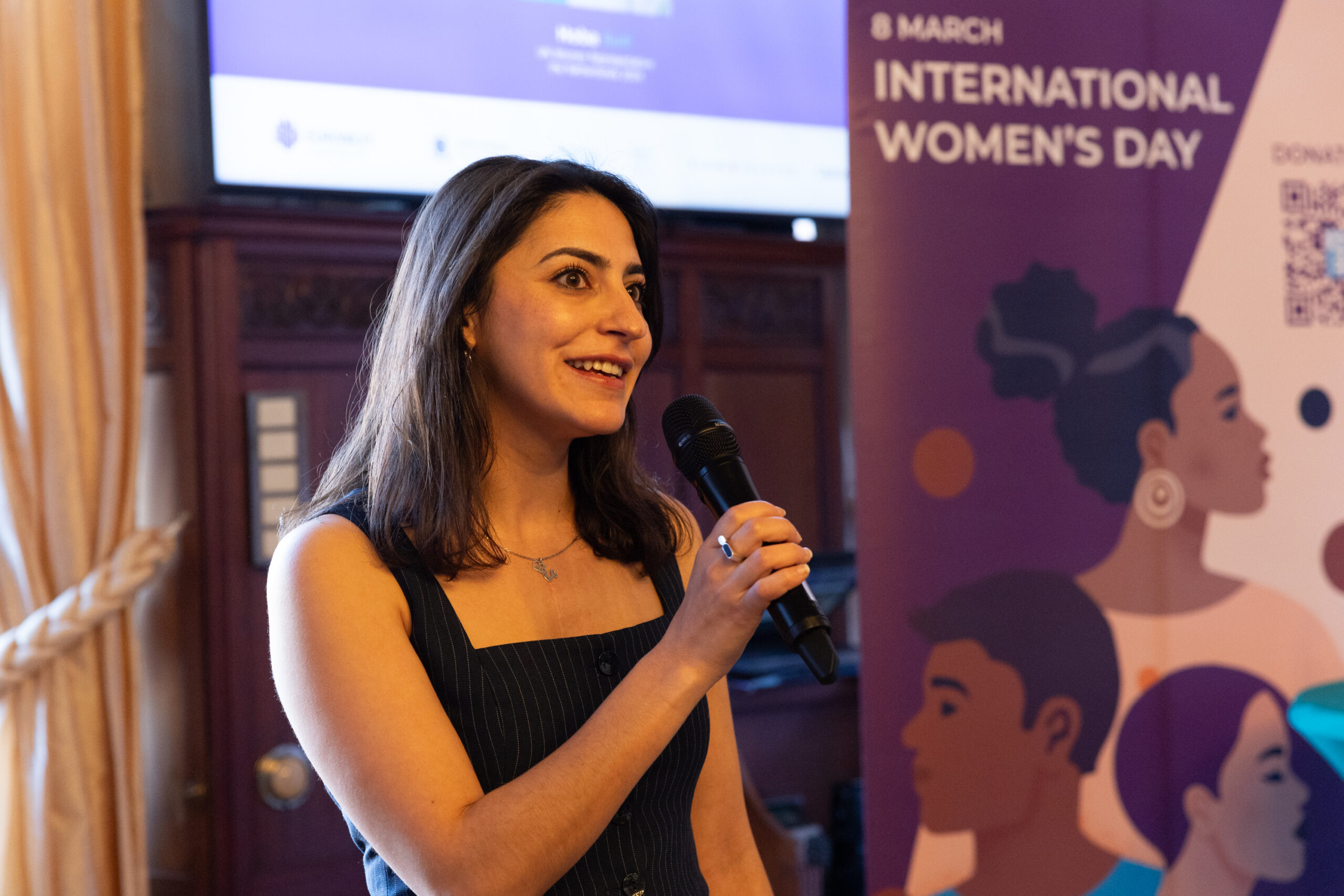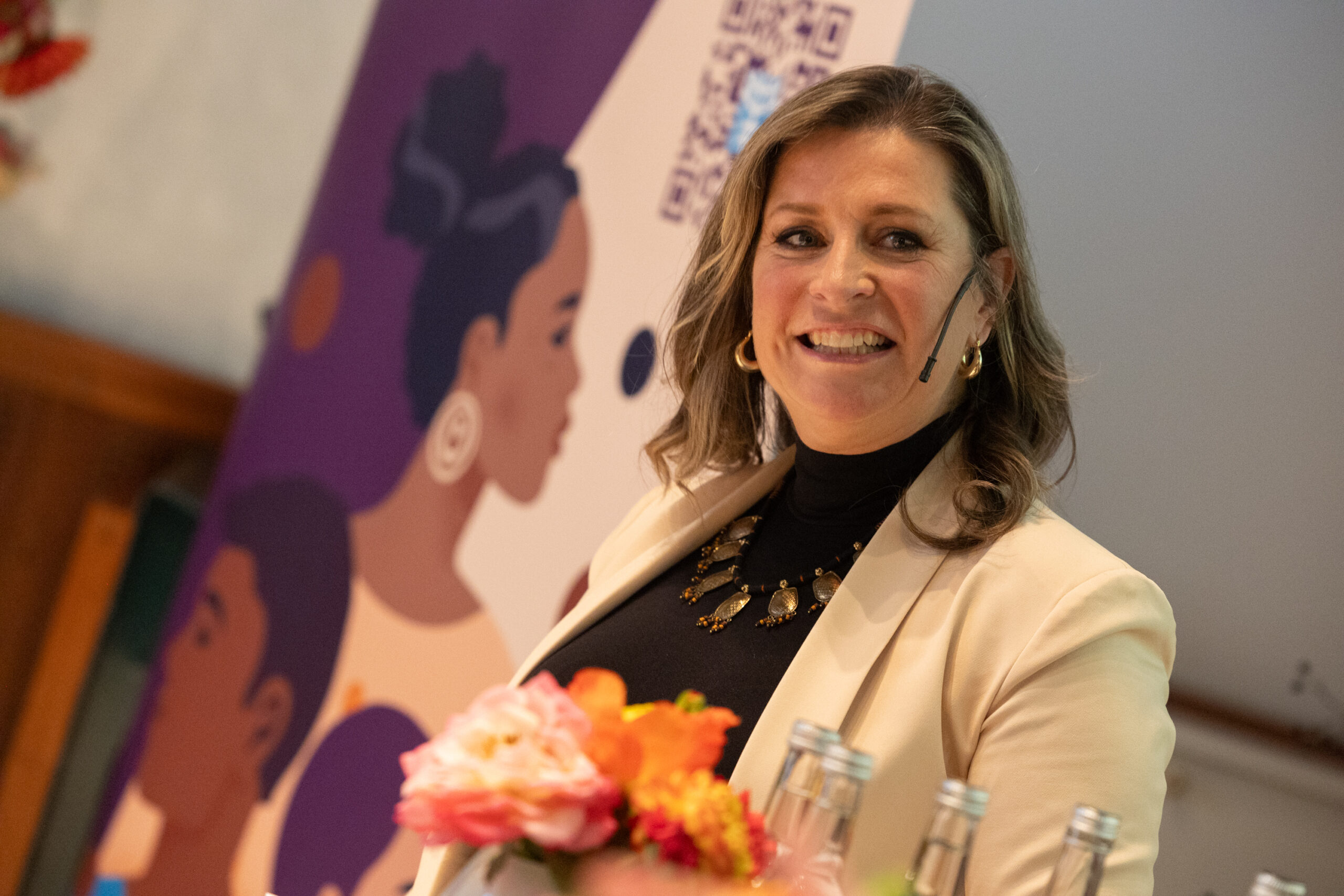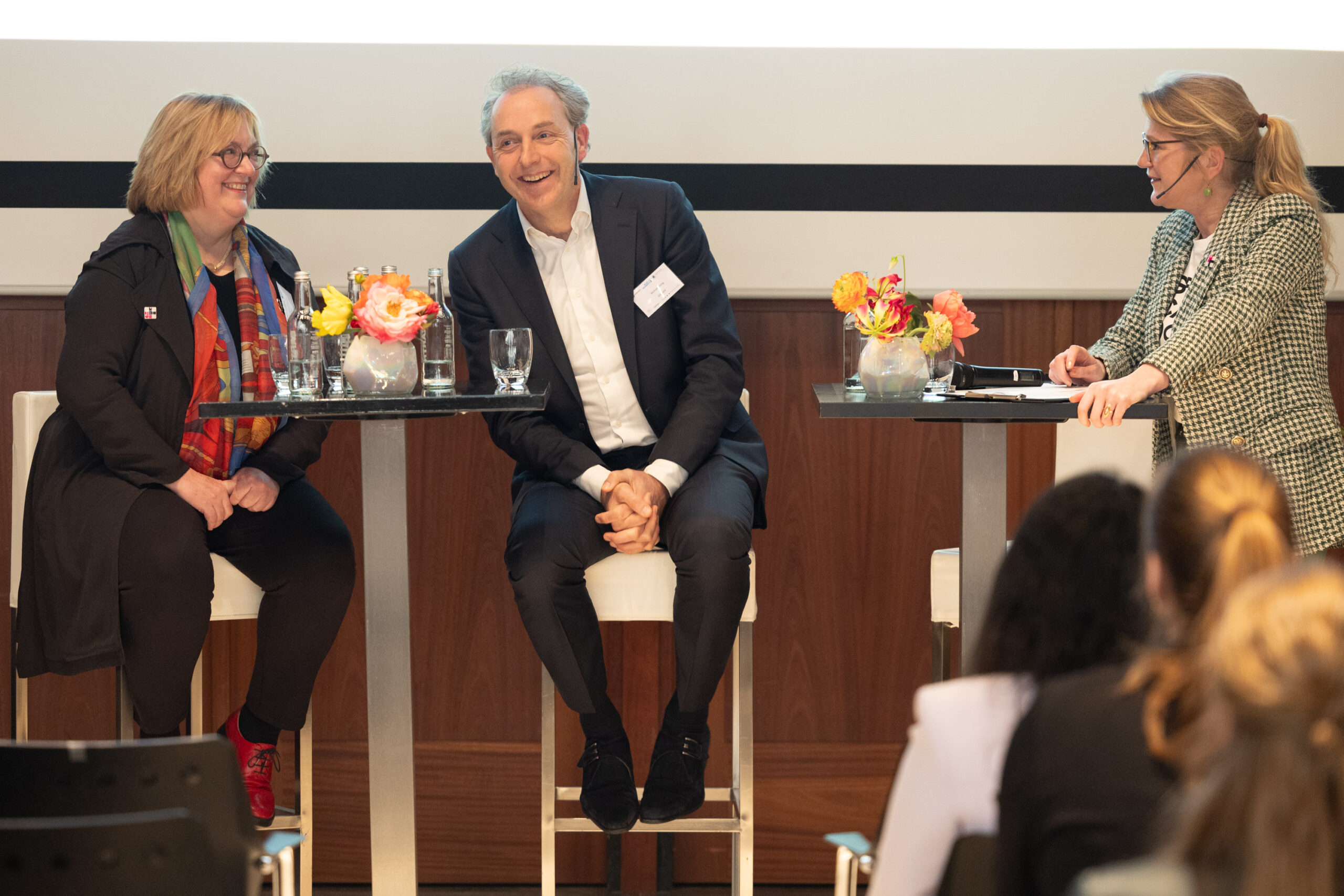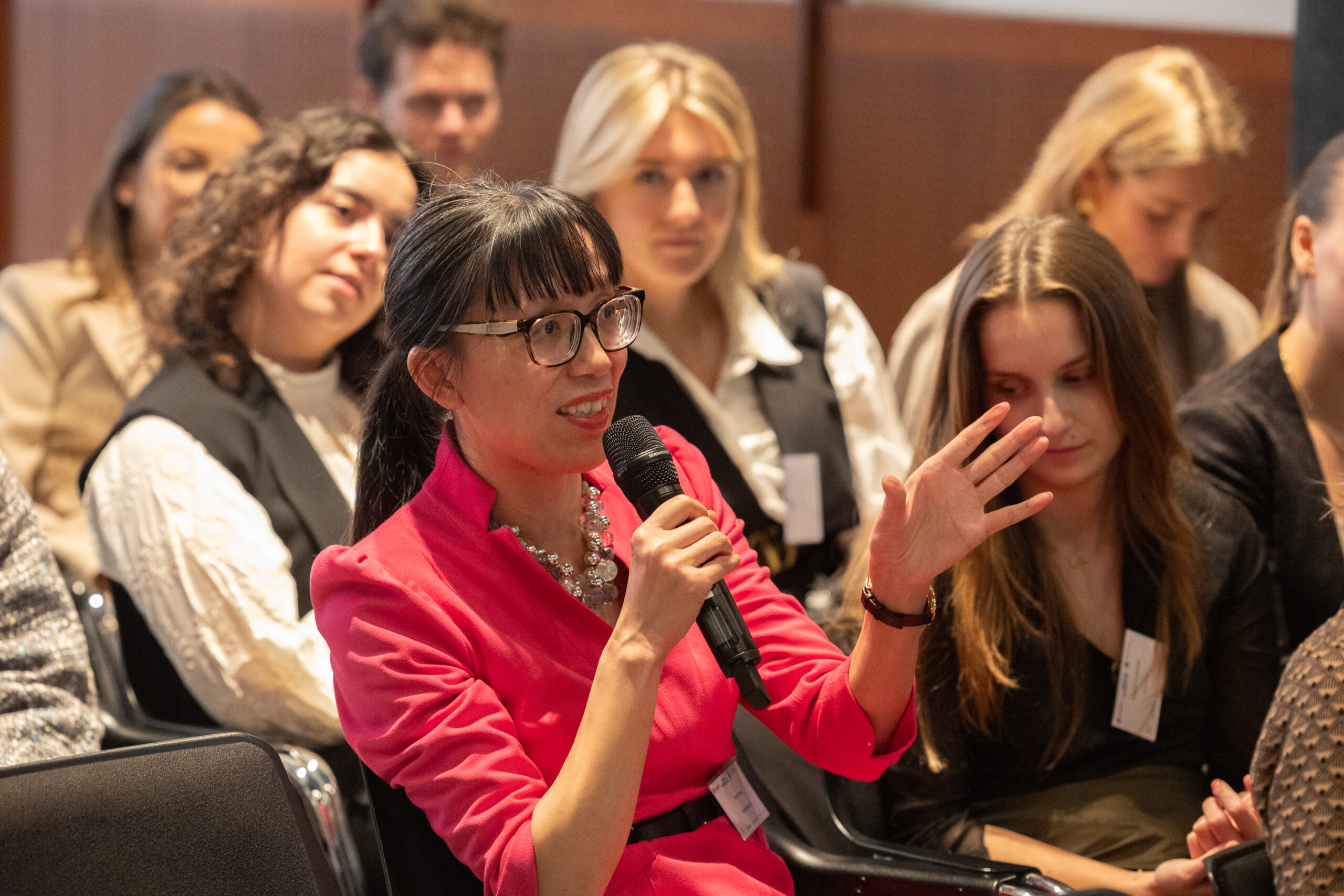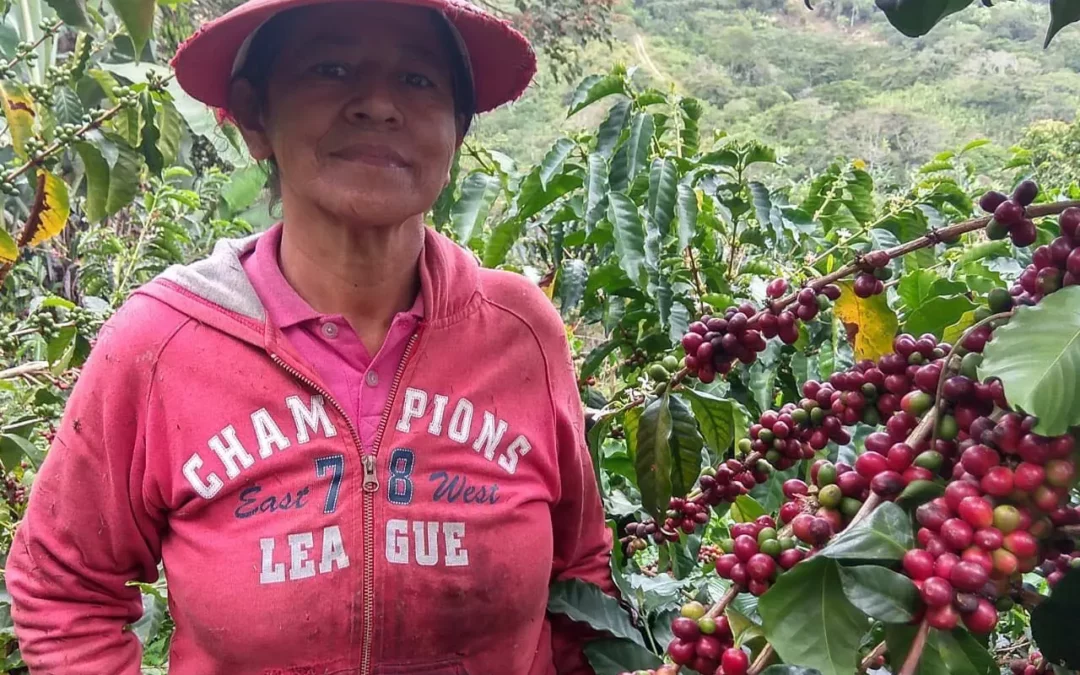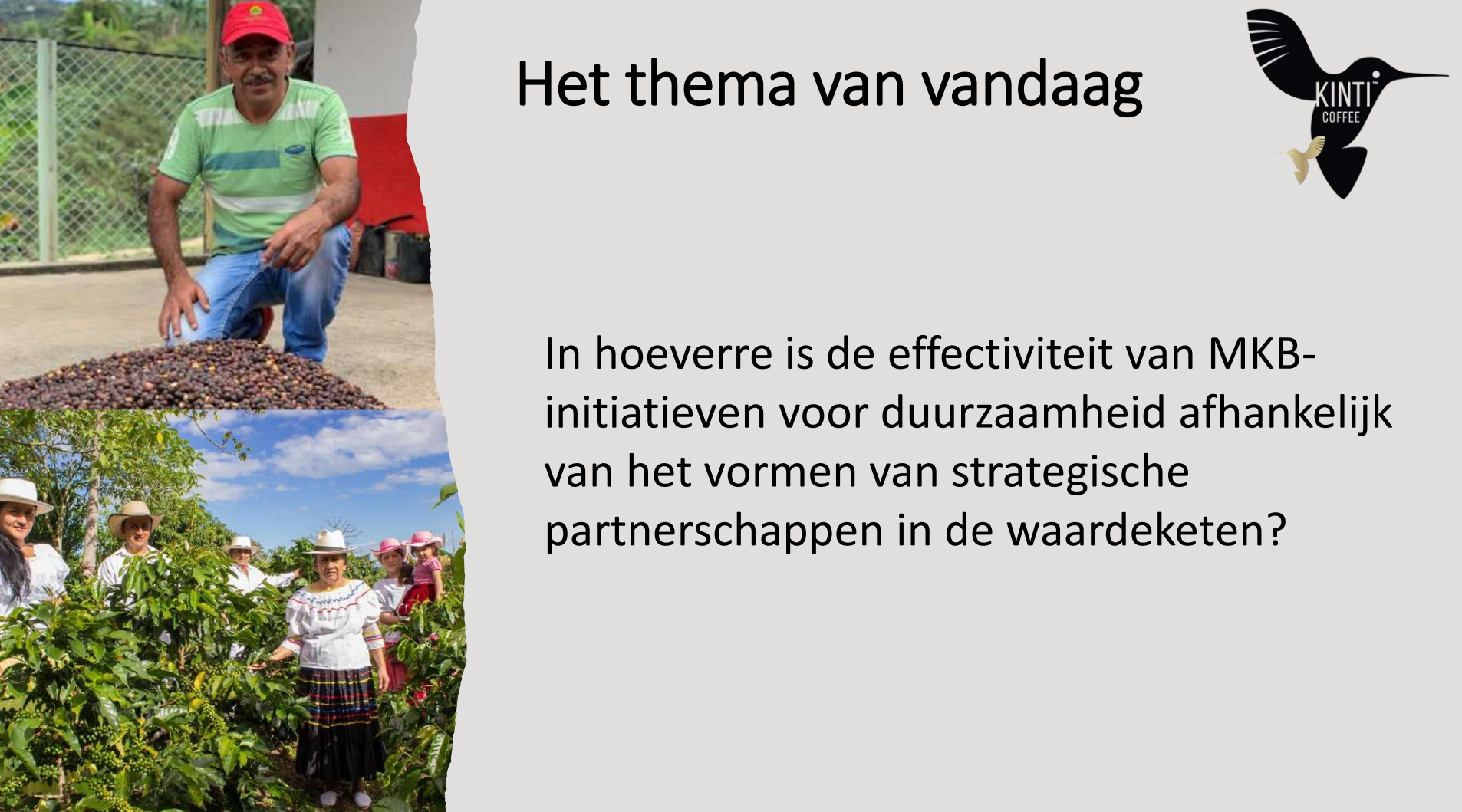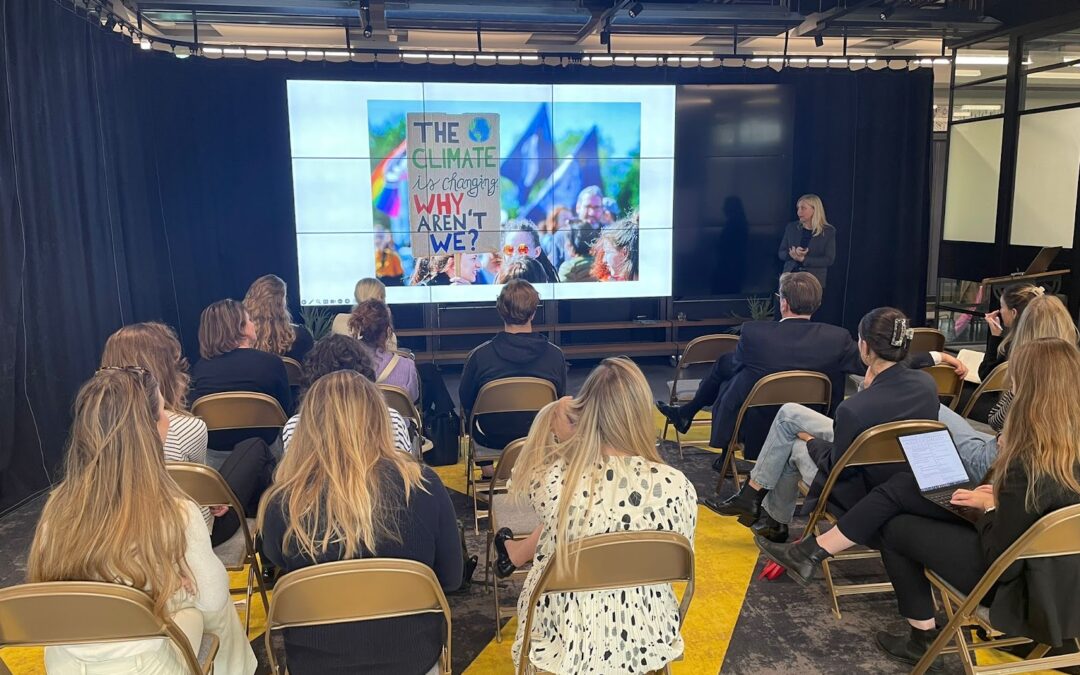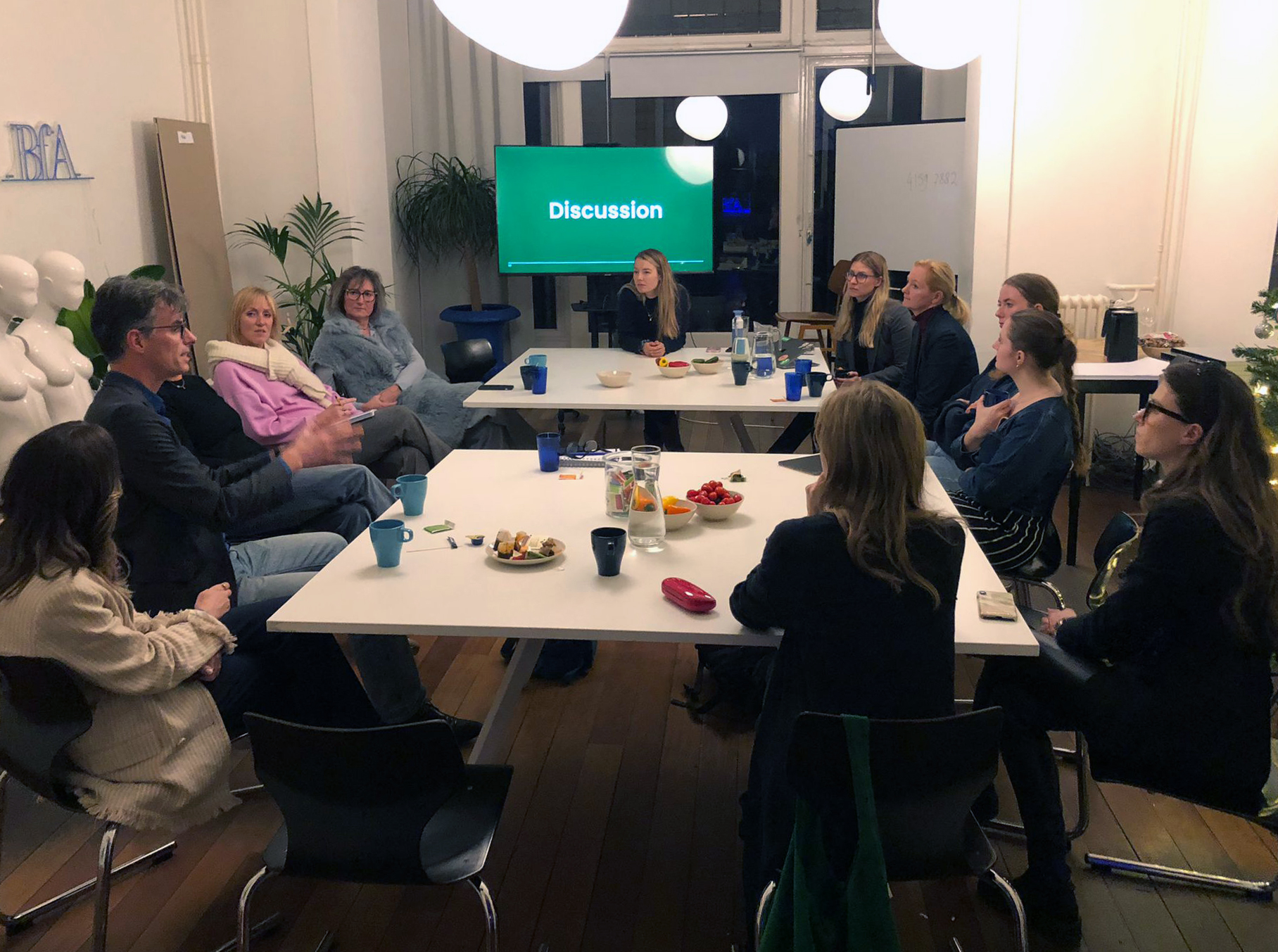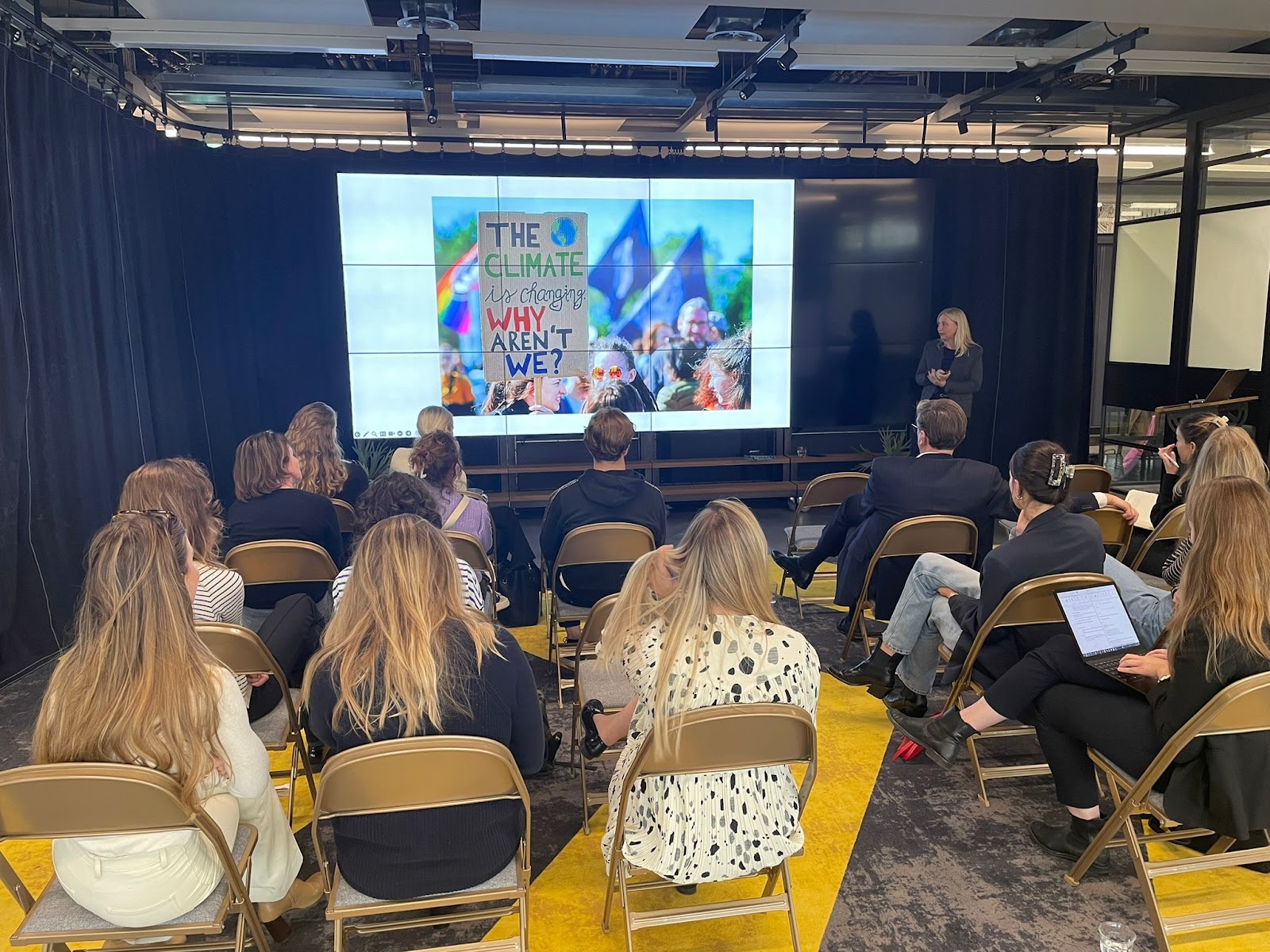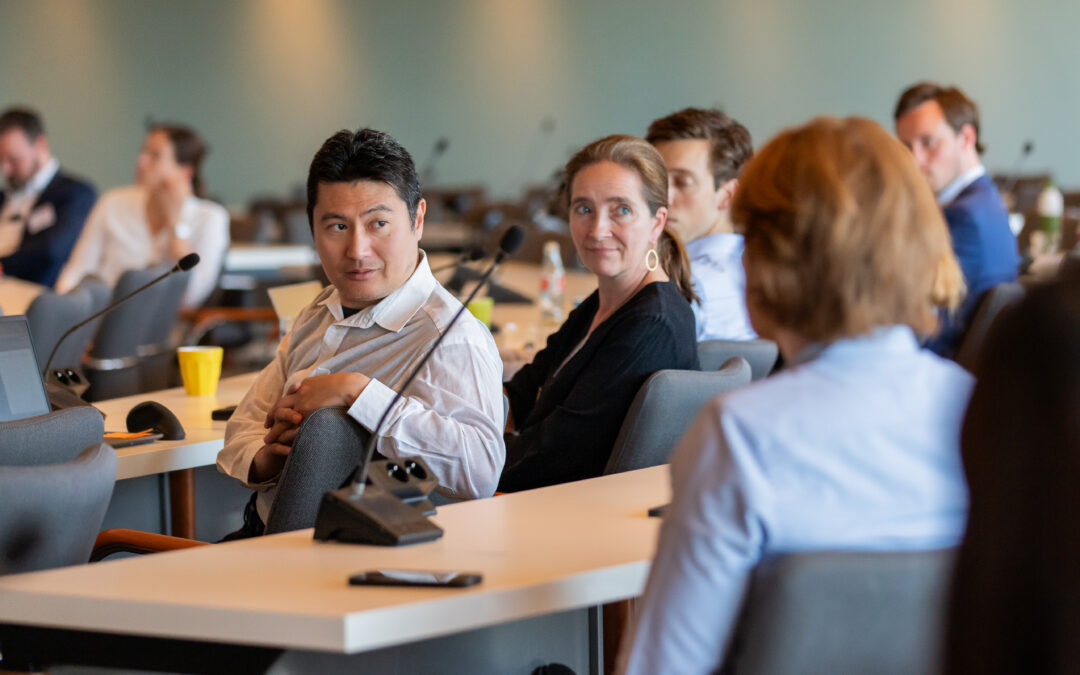
Looking back on a successful General Assembly
looking back on a successful general assembly
5 June 2024
On June 5th, our office in The Hague was buzzing with energy as we welcomed over sixty participating companies in the UN Global Compact to our General Assembly. The event was a resounding success, filled with insightful discussions and valuable networking opportunities. It was a pleasure to reconnect with familiar faces and meet new ones. We want to extend our heartfelt thanks to everyone who attended and contributed to the event’s success. We eagerly look forward to seeing you all again at our next General Assembly on December 3rd at Museon Omniversum, where we will continue to build our community!
Keynote and plenary session
We would like to extend our appreciation to Lucas Simons, founder of NewForesight and a renowned pioneer in systemic change and transitions, for delivering a captivating keynote speech that set an inspiring tone for the day. We hope everyone felt motivated to move beyond project-based working and dedicate yourself and your company to becoming a part of a systemic transition.
During the plenary session, we shared updates on governance and upcoming programmes. The 2023 financials were approved following positive feedback from our Audit Committee. We also introduced the new committee, which will include Olaf Brugman (Rabobank) and Adrie Heinsbroek (NN-Group). Another important announcement made was the revised contribution structure, with fees for subsidiary members increasing in 2026. At the next General Assembly, we will vote on a Statutes change.
Breakout sessions
Additionally, we’d like to thank Niels van den Beucken and Jan-Willem Scheijgrond for their engaging presentations during the breakout sessions. The success story of Arte Group and the example of Royal Philips’ commitment to multiple Forward Faster targets provided valuable perspectives and sparked meaningful dialogues among participants.
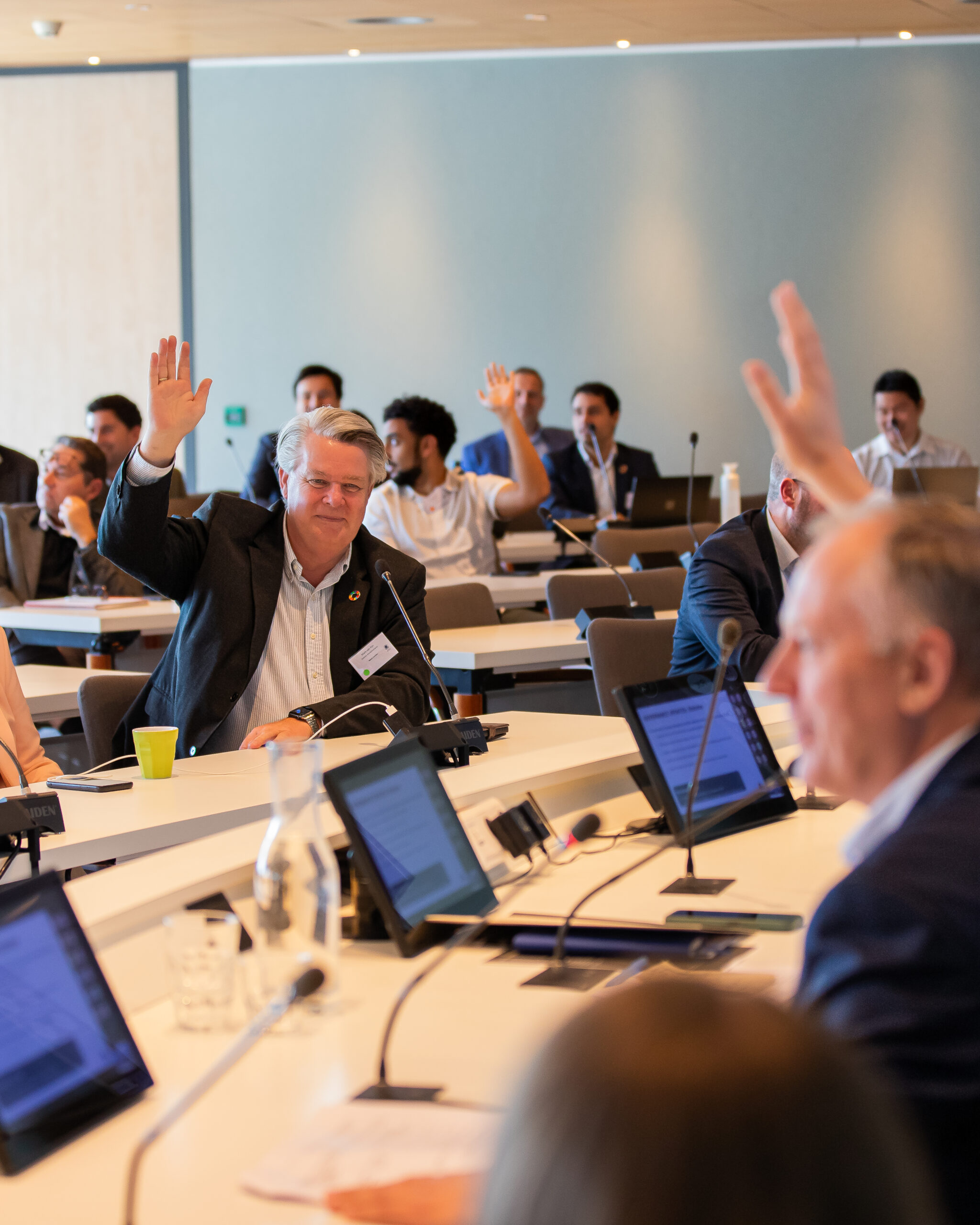

What to look forward to
Throughout the day we took the opportunity to share news & updates about exciting upcoming programmes and events. Such as:
- SDG Ambition Accelerator: Is your company ready to take its sustainability targets to the next level? Join our SDG Ambition Accelerator from October 2024 onwards. Indicate your interest.
- Business and Human Rights Accelerator: Looking for guidance on CSDDD? Join the Business and Human Rights Accelerator, starting October 2024! Express your interest.
- SDG Flag Day: Show the world your company’s commitment towards achieving the SDGs by raising the flag on 25 September 2024. More information here.
- And last but not least, next year marks the 25th anniversary of the UN Global Compact, a milestone we are excited to celebrate worldwide. Your inspiring contributions during the third breakout session were greatly appreciated.
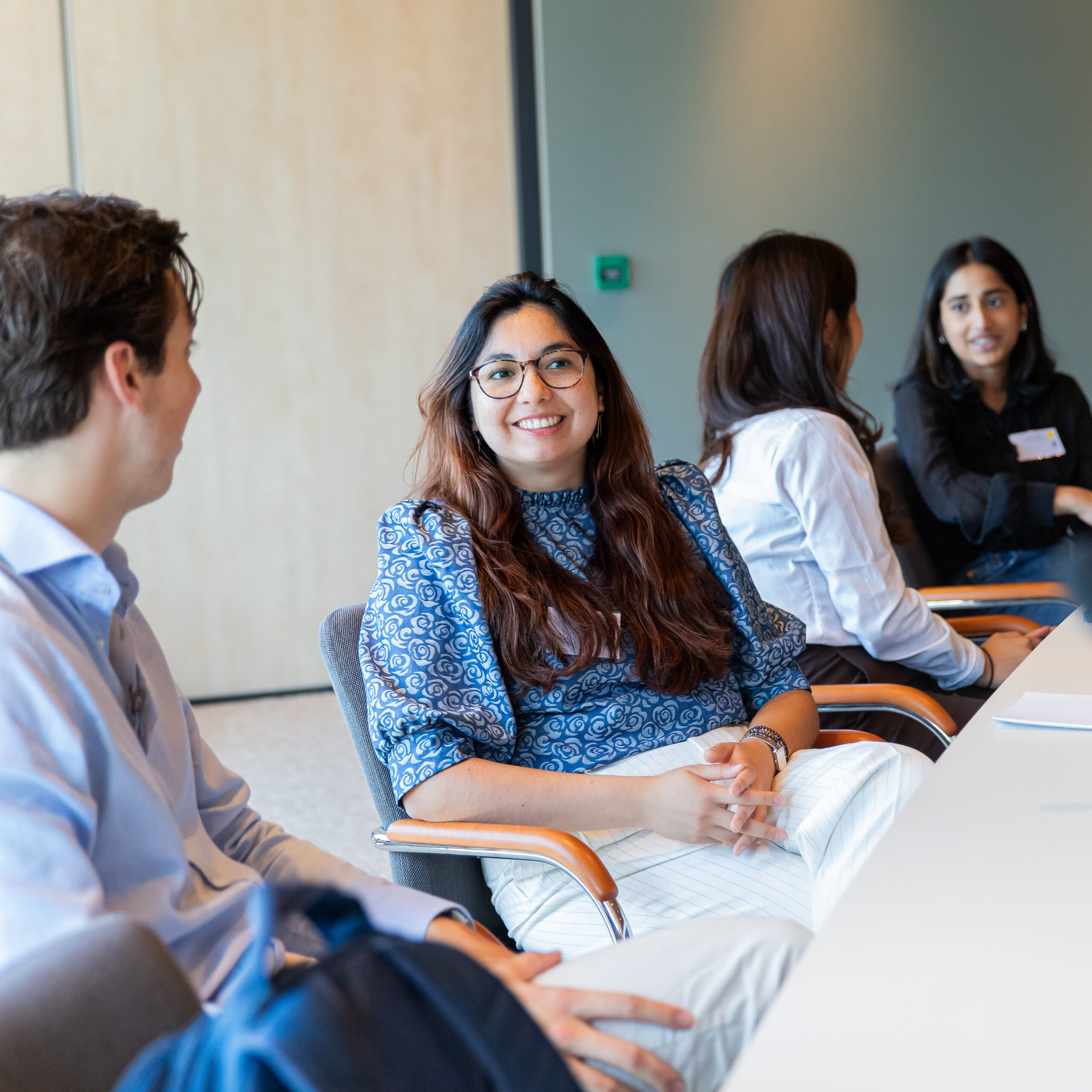

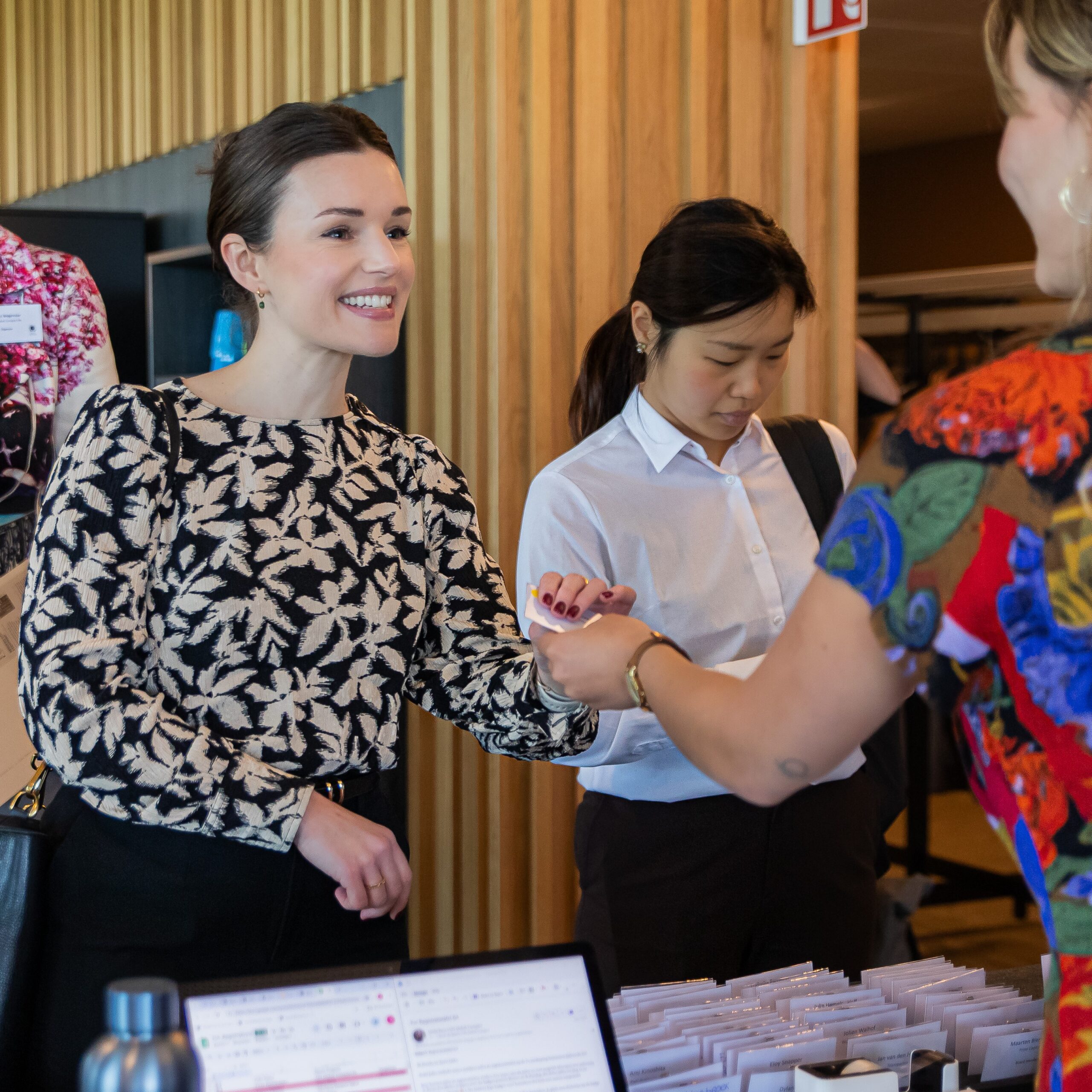
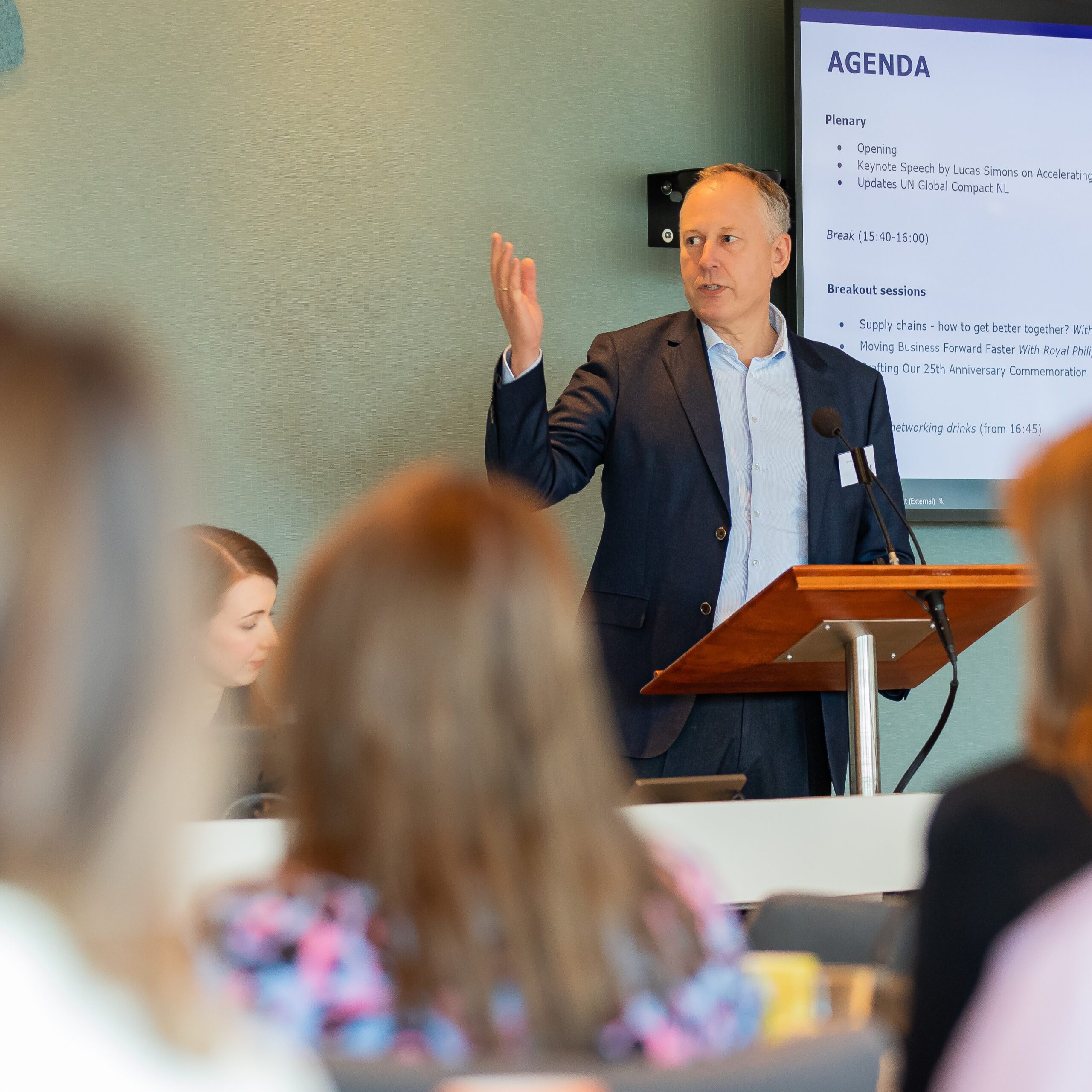
To everyone who attended: thank you for joining us! If you have any feedback or questions about the event, please feel free to reach out to our Participant Engagement Manager, Linde Reus at reus@unglobalcompact.nl. Additionally, if you are interested in being involved in our next General Assembly, Linde is the person to contact.

